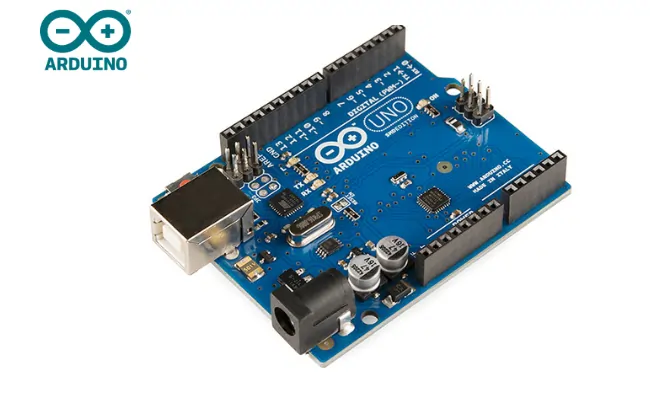Arduino, renowned for its open-source microcontroller boards, is exploring the possibility of manufacturing in India. The move aims to curb the proliferation of counterfeit boards while tapping into the surging demand from India’s youth.

Arduino
Arduino CEO, Fabio Violante, revealed in a virtual interview with TechCrunch that the Italian company is in talks with electronic manufacturing service (EMS) firms in India. If successful, local production could commence as early as the first quarter of the upcoming year. This departure from the company’s traditional practice of manufacturing all its boards in Italy marks a strategic shift.
India, boasting 3.2 million Arduino IDE downloads, is a significant market. Despite this, its contribution to Arduino’s customer base remains under 1%, a discrepancy Violante attributes to fake Arduino boards. The CEO identified hefty import duties on finished electronic products as a major factor hindering the adoption of original products in India.
Violante explained, “People buy mainly alternative products, clones, and sometimes those knockoffs are from China.” Currently, Arduino clones are available at less than half the price of the original boards, which includes import duties. By venturing into local manufacturing, Arduino aims to align its prices with Chinese counterparts.
However, counterfeit boards are a global challenge, with Arduino acknowledging that it sells one original board for every five to six clones in the market. To combat this, Arduino is enhancing the sophistication of its hardware, making it more challenging to counterfeit.
Violante stated, “This is giving us a competitive edge by innovating continuously. [The new boards] use more sophisticated microcontrollers, more sophisticated power sections that are not easy to copy and paste.”
During a recent visit to New Delhi for an investor-focused event, Violante engaged with government officials, including India’s minister of state for electronics and information technology, Rajeev Chandrasekhar. India’s push to become a global manufacturing hub, offering incentives to attract manufacturers, aligns well with Arduino’s consideration of local production.
Arduino is evaluating partnerships with both large international EMS companies and smaller local players specializing in electronic boards or development boards. The company might initially consider manufacturing the $27 Uno R4 WiFi in India, designed to cater to the masses with its impressive specifications.
Moreover, Arduino is exploring collaborations with Indian institutes to raise brand awareness among students and potentially integrate Arduino into local curricula. The company aims to leverage partnerships with institutes to connect with companies, building on existing collaborations, such as the one with Tata Consultancy Services (TCS) in the U.S. Over time, Arduino’s local production in India may extend beyond meeting local demand to exporting boards globally, positioning itself as a manufacturing entity independent of China.